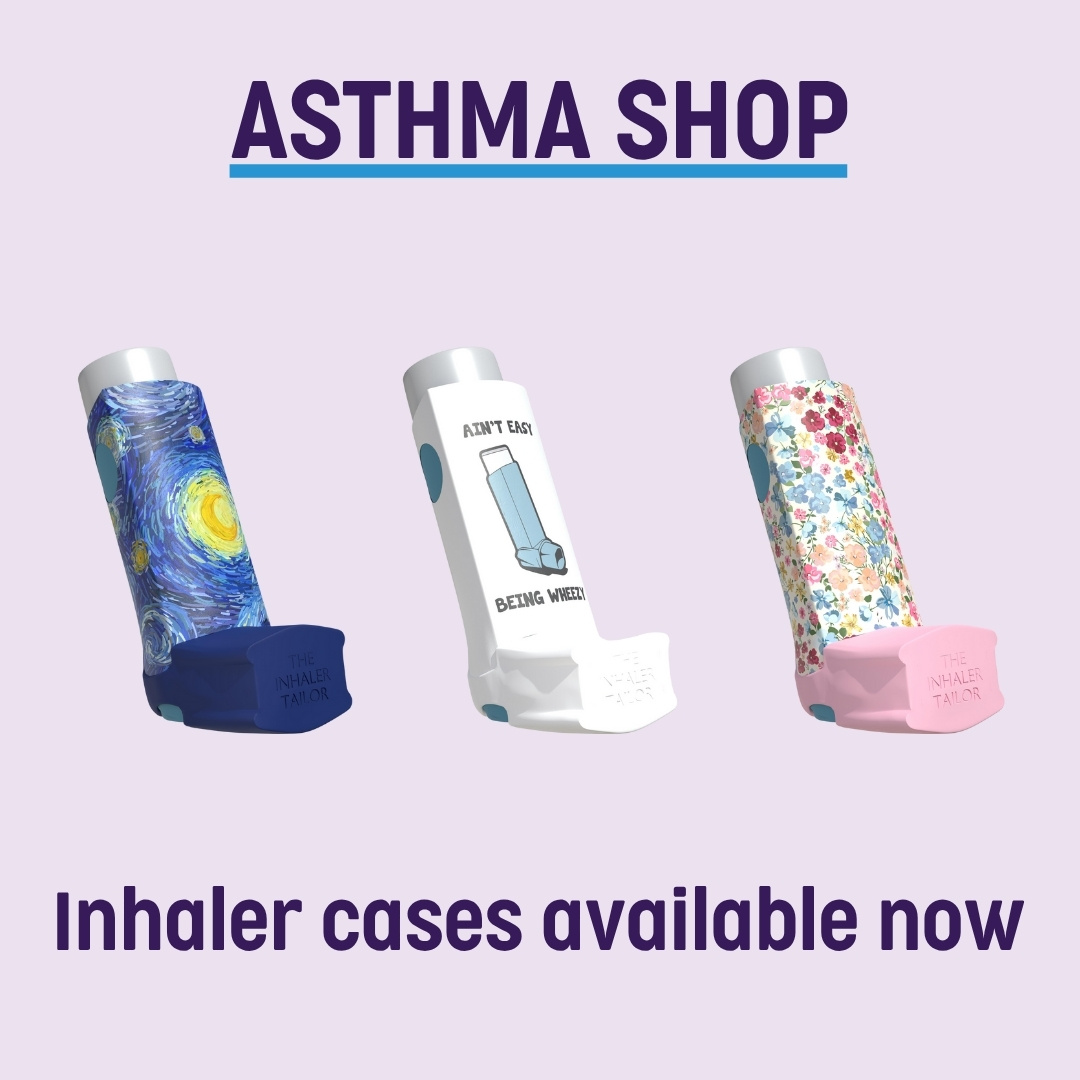SYDNEY: Asthma Australia is urging people with asthma, respiratory or heart conditions to avoid exposure to hazard reduction burn smoke that has been causing poor air quality over consecutive days.
Symptoms of asthma feel like shortness of breath, a tight chest, coughing, wheezing or getting puffed easily.
Hazard reduction burn smoke contains fine particulate matter (PM2.5) which is harmful to human health, it can irritate the airways, sinuses, cause itchy eyes and cross into the bloodstream, affecting the body.
The best way to avoid breathing in smoke is to stay inside with windows and doors closed.
If residents have an air purifier or reverse cycle air conditioner, this can help keep indoor air clean.
People can check air quality data by downloading the AirSmart App – www.airsmart.org.au or visit https://www.dpie.nsw.gov.au/air-quality/air-quality-concentration-data-updated-hourly
Those most at risk include:
- People with a breathing or heart condition
- The elderly
- Young babies and children
- Pregnant women and their unborn child
People with asthma are advised to keep asthma reliever (blue puffer) medication and inhalers nearby and to treat any symptoms immediately by following Asthma First Aid.
Steps of Asthma First Aid can be found here AAFA-First-Aid-2022-A4_CMYK_v7_Blue-1.pdf (asthma.org.au)
Asthma reliever medicines are available over the counter at all pharmacies. For best effect use a spacer.
Anyone experiencing serious breathing difficulties who are not responding to Asthma First Aid, please call triple zero (000) or immediately contact your doctor.
If people don’t have an Asthma Action Plan they can call Asthma Australia at 1800 ASTHMA (1800 278 462) for information and learn more about Asthma First Aid.
Schools and childcare centres are advised to keep checking air quality updates throughout the week and to adjust plans so students are not exercising or playing outdoors in the smoky air. Keep windows and doors closed to avoid smoke coming inside.
Outdoor workers with respiratory or other health conditions are advised to talk with their manager or business owner and make alternative plans to avoid smoke exposure.
“Smoke is dangerous to human health and it’s a common trigger for those with asthma, causing irritation in the chest and eyes, coughing and difficulty breathing. It’s vital that exposure is avoided as best as possible by staying inside,” Asthma Australia CEO Michele Goldman said.





 1800 278 462
1800 278 462



